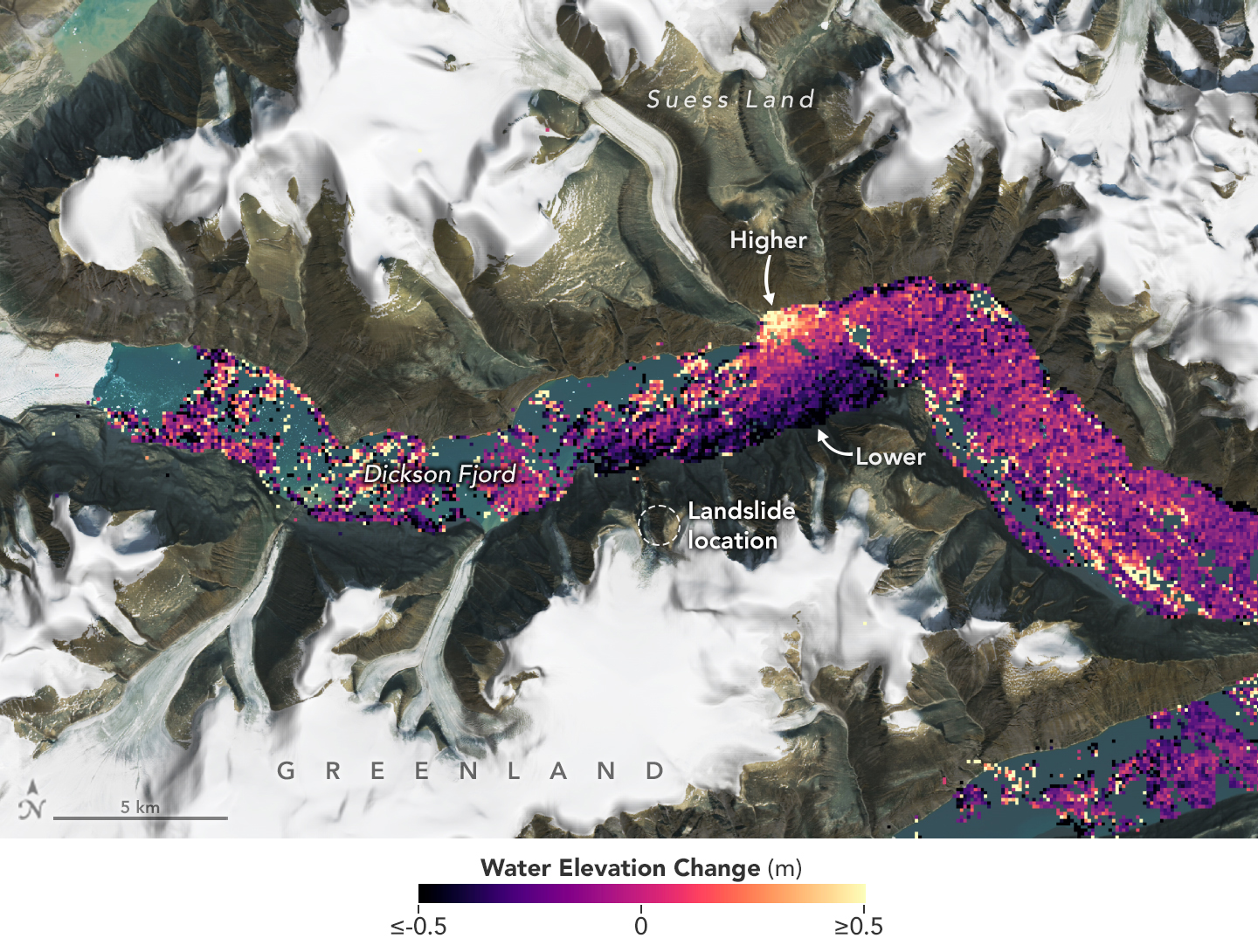2024-10-30 カナダ・コンコルディア大学
- https://www.concordia.ca/news/stories/2024/10/30/the-arctic-is-becoming-a-sink-for-the-world-oceans-legacy-pops-says-new-concordia-study.html
- https://www.science.org/doi/10.1126/sciadv.ado5534
50年にわたるレガシー残留性有機汚染物質の地球規模での海洋残留性と生態系への影響を探る Exploring global oceanic persistence and ecological effects of legacy persistent organic pollutants across five decades
Xue Zhang, Li Li, Zhiyong Xie, Jianmin Ma, […], and Derek C.G. Muir
Science Advances Published:25 Sep 2024
DOI:https://doi.org/10.1126/sciadv.ado5534

Abstract
Global monitoring of persistent organic pollutants (POPs) has intensified following regulatory efforts aimed at reducing their release. In this context, we compiled over 10,000 POP measurements, reported from 1980 to 2023, to assess the effectiveness of these legislative measures in the global marine environments. While a general decreasing trend in legacy POP concentrations is evident across various maritime regions, highlighting the success of source control measures, the Arctic Ocean and its marginal seas have experienced a rise in POP levels. This increase suggests the northward migration of pollutants via ocean currents from mid-latitude regions to polar areas. Despite global efforts to reduce emissions, the continued transport and accumulation of pollutants to the Arctic regions may have substantial ecological impacts. Addressing these environmental challenges demands a thorough understanding of POP dynamics, including response times, multiphase transport, and biogeochemical cycling. Continued research into these processes is vital to accurately map their distribution and temporal variations within marine systems.



